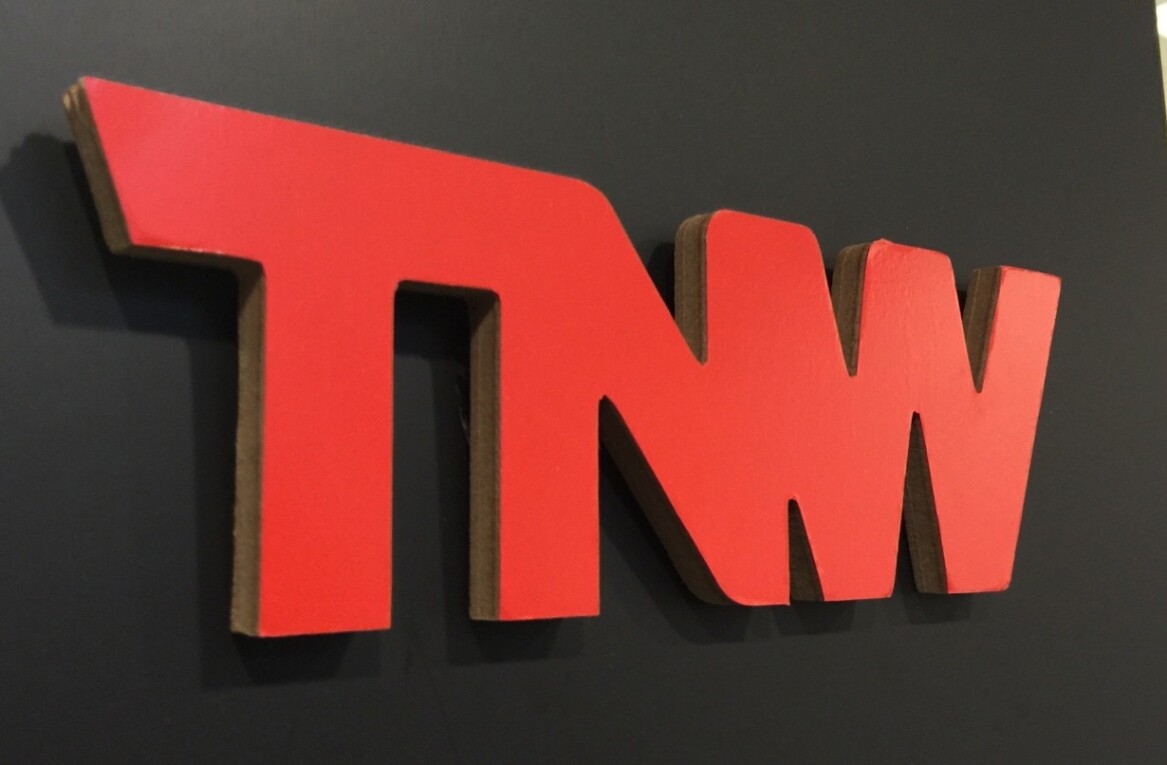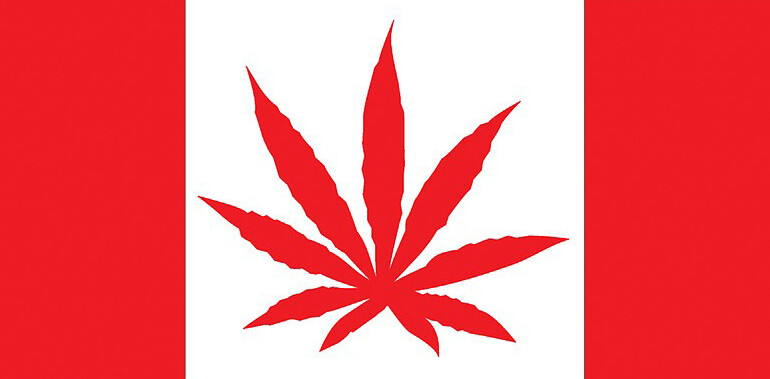

Michael Geist, law professor and chairman of Internet and E-commerce Law posted earlier today that Rogers, a major teleco and ISP in Canada has not been following CRTC policies.
As Geist reported today, recent complaints surrounding Net Neutrality were sent to the CRTC (Canadian Radio Telecommunications Commission) claiming that Rogers was affecting downstream peer-to-peer traffic and was being disobedient with Internet traffic management policies.
The CRTC has received numerous complaints over the last four months, that Rogers, the major Canadian telco, had not been compliant with the CRTC Internet traffic management policy requirements (TRP 2009-657). The policy refers to the Internet traffic management practices (ITMPs) which states that ISPs must disclose any information that affects any technical internet management practices.
Specifically, ISPs are required to disclose prominently on their websites, the reasons for the ITMP, when the ITMP is applied, what Internet traffic is affected by the ITMP and the specific impact that the ITMP has on retail Internet speeds. ISPs are also required to refer to their online disclosures in their marketing material, customer contracts and terms of service. -CRTC
In a letter sent to Rogers this week, the CRTC stated its concerns with the growing amount of customers that are complaining about Roger’s lack of public disclosure regarding the ITMP policy. This follows more complaints against Rogers a since October where customers complained that the company was degrading the speed-quality (throttling) of both uploads and downloads.
As Geist points out, Rogers admitted to these practices and promised to revise its website to meet the ITMP standards. Although according to the letter sent to Rogers, the CRTC states that they need to include more:
1. the fact that download speeds will be affected by Rogers ITMP.
2. the policy page should clearly indicate which download applications might be affected and to what degree.
3. the impact of download speeds should be indicated.
The Bottom Line
Geeks living in Canada have been well aware of Roger’s ISP throttling practices. And over the last few years, it became increasingly apparent to Canadians using Skype, that the ISP was using traffic shaping tools to slow down the use of the application. It should also be noted that Skype directly affects Roger’s (land line & wireless divisions) bottom line and saves customers from paying Rogers long distance fees. These practices are pretty slimy and Canadians should be enraged that their ISPs are deliberately slowing down speeds. Hopefully competition will heat up in Canada and will allow Canadians to make an informed choice based on these factors.
Get the TNW newsletter
Get the most important tech news in your inbox each week.




